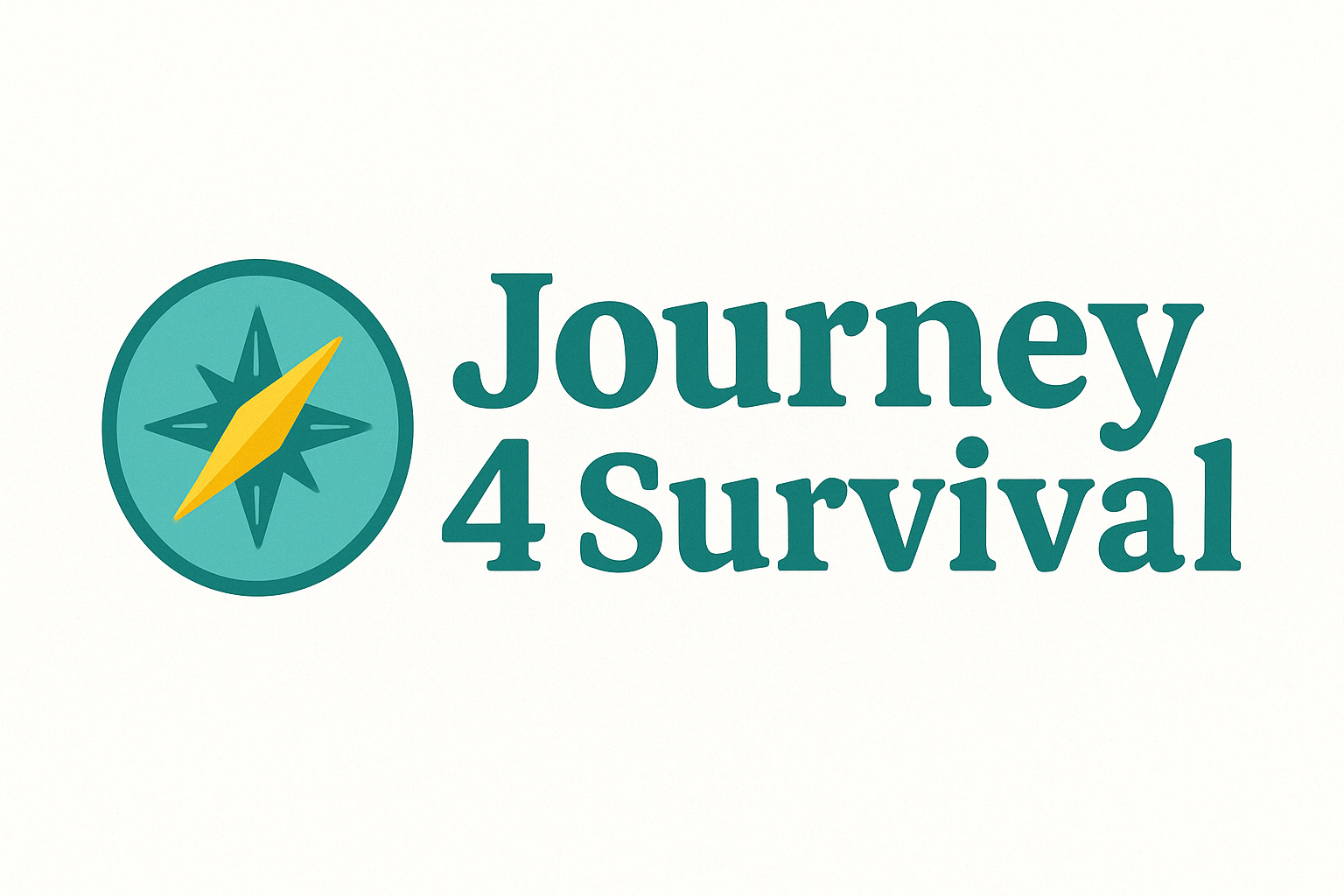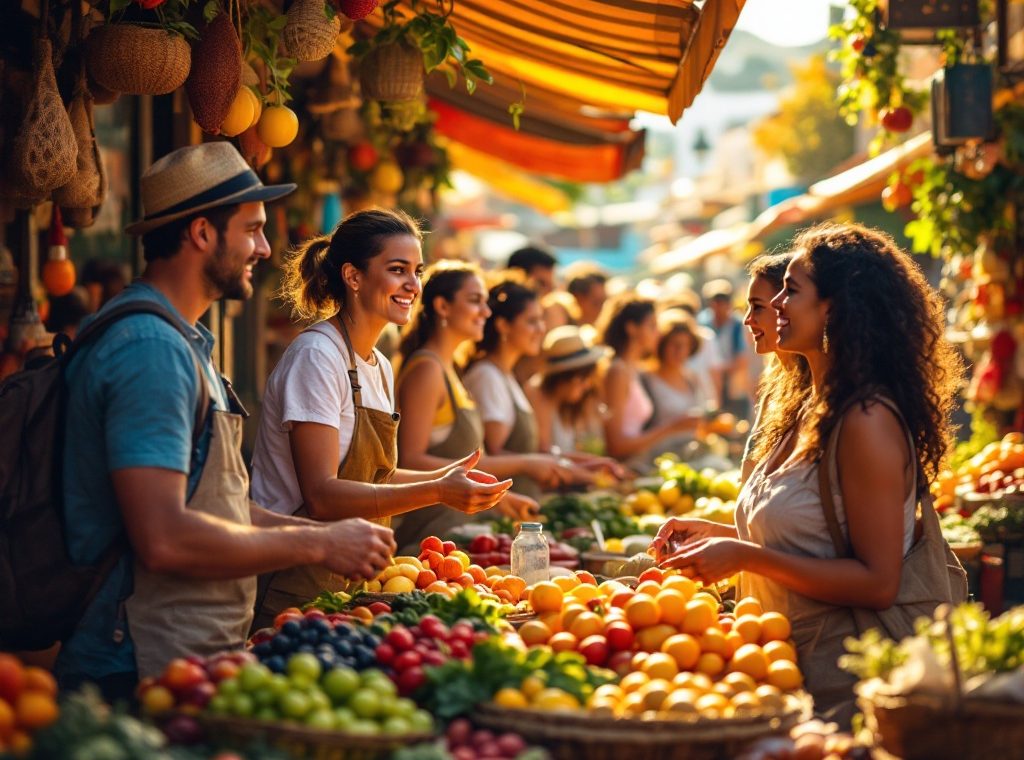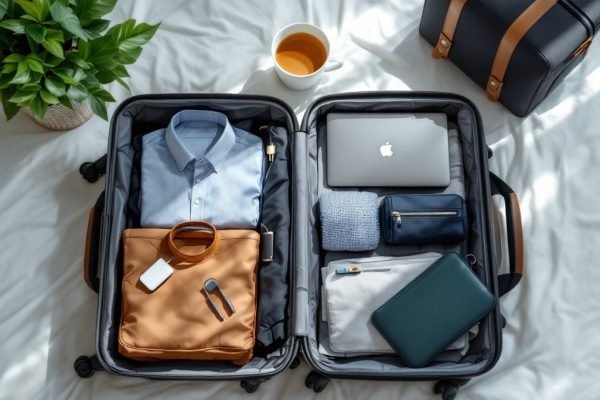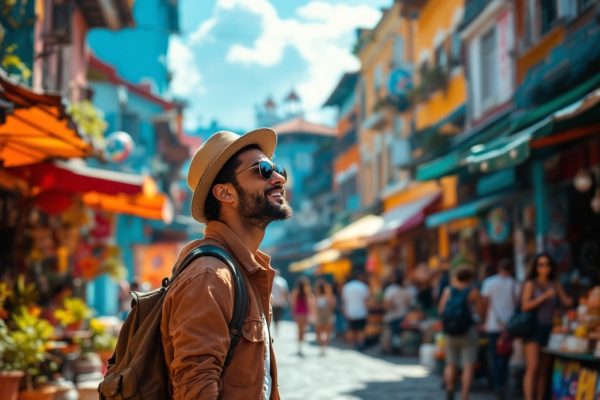Most Useful Portuguese Phrases for Tourists
Planning a trip to a Portuguese-speaking country? Don’t get lost in translation! Learn essential Portuguese phrases for smooth travels. From greetings like “Olá” and “Bom dia” to asking for directions (“Onde está…?”), this guide equips you with the basics. Discover how to order food, ask for help, and navigate like a local. Start speaking Portuguese with confidence today!
Important information
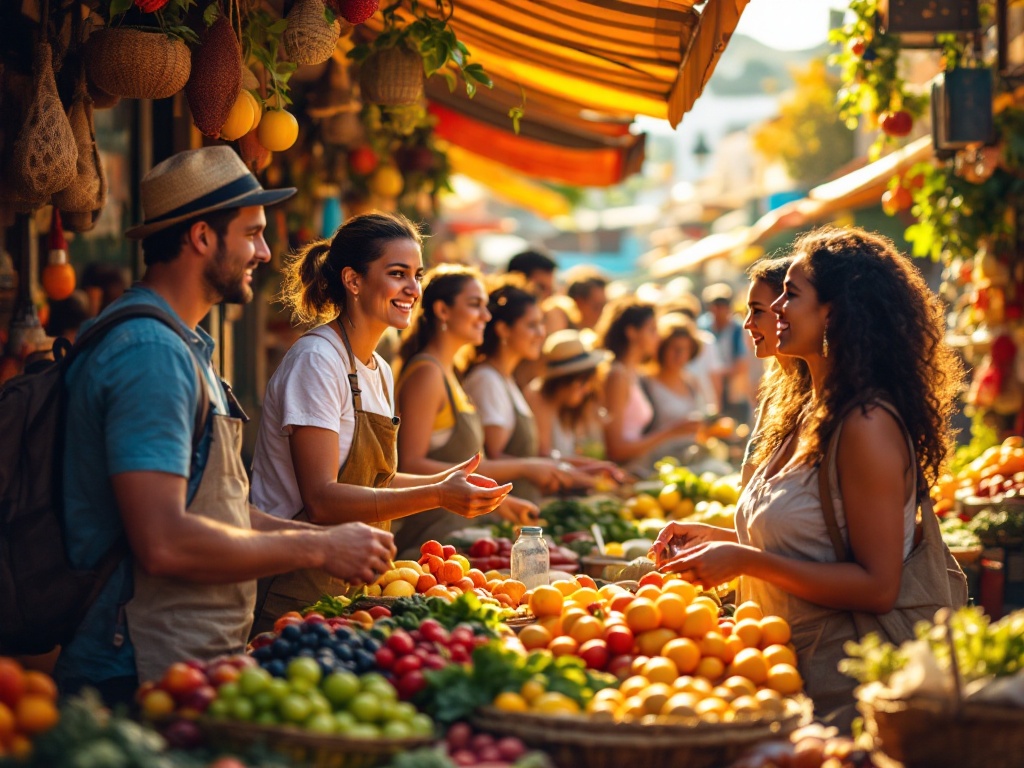
- Greetings: Start with “Olá” (hello). Use “Bom dia” (good morning), “Boa tarde” (good afternoon), or “Boa noite” (good night/evening) depending on the time. Say “Tchau” (Brazil) or “Adeus” (Portugal) for goodbye.
- Essentials: “Por favor” (please), “Obrigado/a” (thank you), “De nada” (you’re welcome), “Com licença” (excuse me), and “Desculpe” (sorry) are key polite phrases.
- Questions: Ask “Onde está…?” (where is…?), “Quanto é…?” (how much is…?), or “Que horas são?” (what time is it?). “Fala inglês?” helps you find English speakers.
- Dining: “Quanto custa?” (how much does this cost?) is useful in restaurants and shops. “Conta” means the bill, and “Gorjeta” is a tip (Brazil).
- Directions: Use “Esquerda” (left), “Direita” (right), and “Em frente” (straight ahead) to navigate. “Onde fica…?” (where is…?) helps locate specific places.
Most Useful Portuguese Phrases for Tourists
Start with “Olá” (Hello) when greeting someone. Depending on the time of day, use:
- “Bom dia” (Good morning),
- “Boa tarde” (Good afternoon),
- “Boa noite” (Good night/Good evening).
To say goodbye:
- “Tchau” is common in Brazil,
- “Adeus” is more formal and used in Portugal,
- “Até logo” means “See you later.”
Introduce yourself with “Meu nome é” (My name is), and ask “Como está?” (Portugal) or the more common Brazilian “Tudo bem?” for “How are you?”. Follow up with “Muito prazer” (Nice to meet you).
Politeness is essential. Use:
- “Por favor” (Please),
- “Obrigado/a” (Thank you – the ending changes based on gender), responding to thanks with “De nada” (You’re welcome),
- “Com licença” (Excuse me) to get someone’s attention or pass by,
- “Desculpe” (Sorry) to apologize.
For help, say “Preciso de ajuda”, but in an emergency, shout “Emergência!”.
Asking questions is simple. Use:
- “Onde está…?” (Where is…?) for locations,
- “Quanto é…?” (How much is…?) for prices,
- “Que horas são?” for the time,
- “Fala inglês?” to find English speakers,
- “Posso ter…?” (May I have…?) when making a request.
If you need something repeated, politely ask “Pode repetir, por favor?”. If you’re lost in translation, simply say “Não entendo” (I don’t understand).
Navigating restaurants and shops is also straightforward. “Quanto custa?” helps determine prices. “Restaurante” means restaurant, and “Conta” means the bill. In Brazil, offering a “Gorjeta” (tip) is customary. To see the menu, ask “Posso ver o menu, por favor?”.
Asking for directions involves basic terms:
- “Esquerda” (Left),
- “Direita” (Right),
- “Em frente” (Straight ahead).
“Perto” means near, and “longe” means far. To pinpoint a location, ask “Onde fica…?” (Where is…?) followed by the place, such as “o banheiro” (bathroom), “o hotel” (hotel), or “o museu” (museum).
Basic Greetings and Introductions
“Olá” is a common Portuguese greeting, similar to “Hi” or “Hello” in English. To ask someone how they’re doing, use “Como vai?”. A simple “Bem” (“Well”) works as a reply, or you could say “Eu estou bem” (“I am good”). “Prazer” is the equivalent of “Nice to meet you”. Portuguese also has time-specific greetings: “Bom dia” for “Good morning”, “Boa tarde” for “Good afternoon”, and “Boa noite” for both “Good evening” and “Good night”.
Common Greetings
- Olá: similar to “Hi” or “Hello”.
- Como vai?: “How are you?”.
- Bem: “Well”.
- Eu estou bem: “I am good”.
- Prazer: “Nice to meet you”.
Time-Specific Greetings
- Bom dia: “Good morning”.
- Boa tarde: “Good afternoon”.
- Boa noite: “Good evening/Good night”.
Polite and Helpful Expressions
Mastering politeness in Portuguese is easy. Use “Por favor” for “please”. Express gratitude with “Obrigado” (male) or “Obrigada” (female”. Use “Desculpe” for both “excuse me” and “sorry”.
Questions and Requests
Common Phrases
- Could you tell me your name?
- What’s the price of this?
- Is English spoken here?
- How do I get to [place]?
- Please.
- Thanks.
- You’re very welcome.
- Pardon me.
Requests and Needs
- I’m having trouble understanding.
- My apologies.
- Yes.
- No.
- I need some help, please.
- I require medical attention.
- Where is the restroom?
Shopping and Dining Phrases
Dining in Portuguese-speaking countries like Brazil and Portugal? Here’s a handy vocabulary guide. To inquire about the price, simply ask, “How much does this cost?”. Let’s start with the meals. Breakfast is “Café da manhã” in Brazil and “Pequeno-almoço” in Portugal. For lunch, use “Almoço”. For dinner, it’s “Jantar”.
Drinks
- wine: Vinho,
- beer: Cerveja.
The bill
When you’re ready to pay, request “The bill, please”. A final “Obrigado” (male) or “Obrigada” (female) expresses your gratitude.
Directional Phrases
Lost? Just ask “Onde está…?” (Where is…?). “Onde fica…?” works equally well, guiding you to your destination. Need the route? Try “Como chego ao (à)?” (How do I get to…?). For public transport like trains or buses, ask “Para onde vai esse trem/ônibus?” (Where does this train/bus go?).
